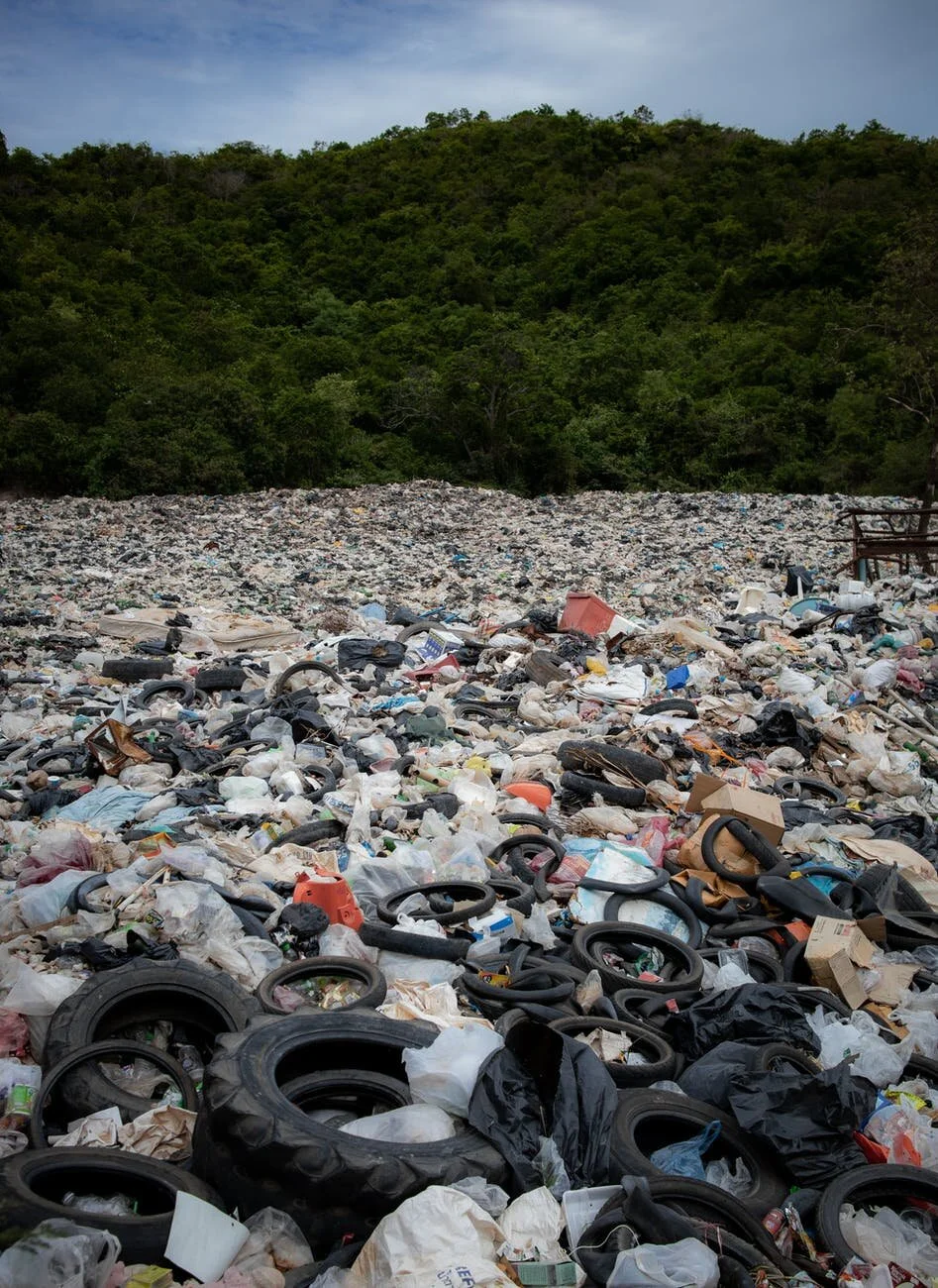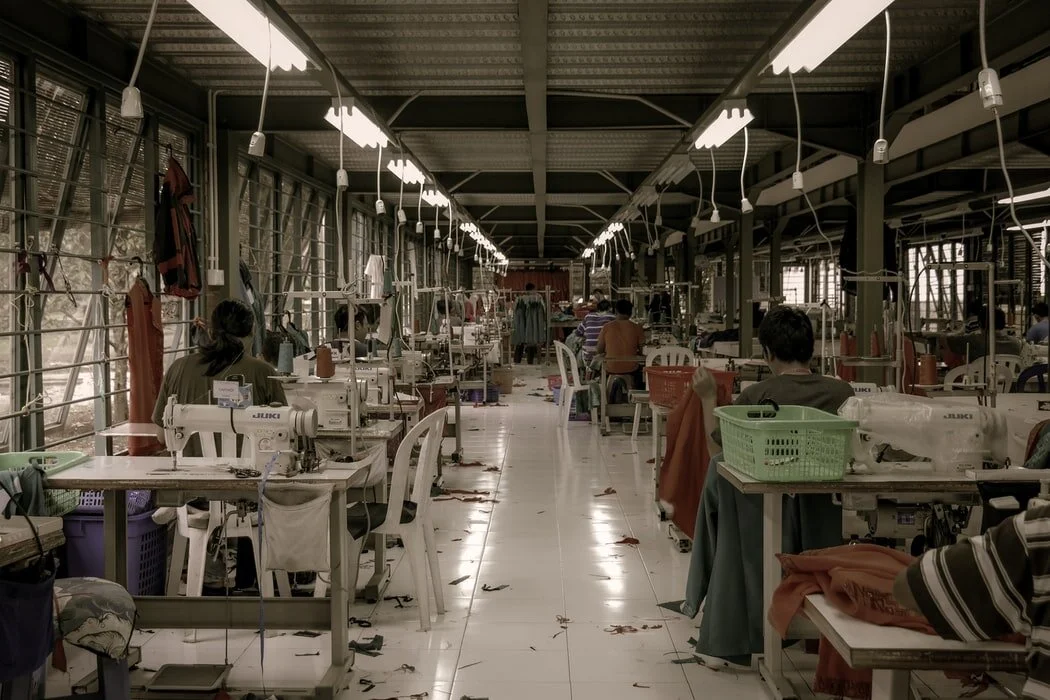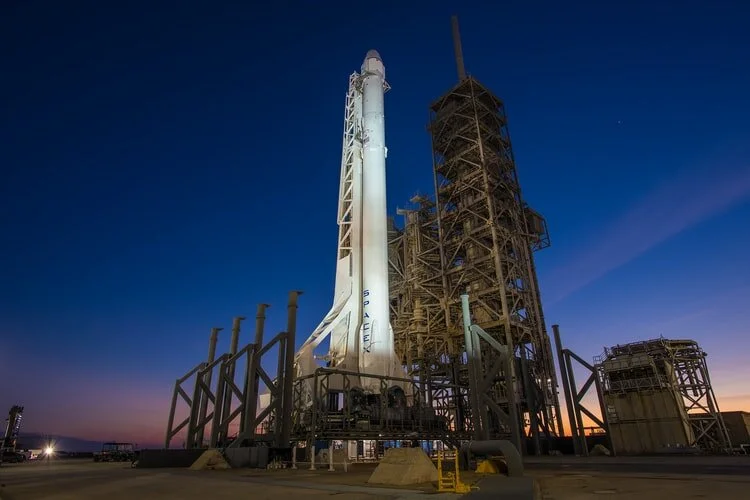Fashion - But At What Cost?
While for many of us slavery is a concept which has been consigned to history, for millions it remains a reality. Modern slavery refers to situations of exploitation that a person cannot refuse or leave because of threats, violence, coercion, deception, and/or abuse of power. According to the International Labour Organisation, 40 million individuals worldwide are subject to modern slavery every single day.
Slavery exists in all stages of the supply chain, from the initial stages e.g., harvesting of cotton or the manufacturing of goods such as mobile phones or garments, to the final stage e.g., shipping and delivery to consumers. Exploitation is becoming increasingly common within the supply chains of major modern companies. There is no doubt that this global problem is complex, however, some industries are at greater risk than others.
Allegations of forced labour are particularly common within the fashion and textiles industry. According to the annual Modern Slavery Index which ranks the risk of forced labour around the world, China, Bangladesh and India, the world's first, second, and fourth largest garment exporters in the world, are all now rated extreme risk. Issues of forced labour are long-standing in fashion’s opaque supply chain; it is this lack of transparency and complexity which makes tracing and eradicating forced labour notoriously difficult. For example, tracing the production of a cotton t-shirt doesn’t stop at the garment factory where the product is assembled, but includes everyone from the spinners who create the yarns, to the ginners who process the cotton, to the workers who separate the fibres from the seeds.
Western fashion companies are increasingly reliant on the outsourcing of materials and production to countries with poor labour conditions and workers' rights. Most recently, over 82 foreign and Chinese companies have found themselves complicit in the forced labour of Uighurs, an ethnic minority group native to China’s Xinjiang province. With a fifth of the world’s cotton produced in Xinjiang, clothing retailers are most likely to be implicated in these alleged human rights abuses. Fashion's mistreatment of garment workers is widespread, with further allegations of 'modern slavery' made against a fast fashion giant in July 2020 when it emerged garment workers in Leicester, UK were being paid as little as £3.50 an hour, far below the minimum wage of £8.72 per hour for over 25s.
Whilst retailers make pledges, issue statements, and duly sign government legislation designed to combat modern slavery, achieving true supply chain transparency requires a thorough understanding of the risk and magnitude of the problem. Meaningful progress on this issue is further constrained by a general reluctance on behalf of government to act - particularly when doing so might compromise relations with China. For example, in June 2021 the British government dismissed recommendations laid out in a report by the Business, Energy and Industrial Strategy committee, including calls to strengthen the 2015 Modern Slavery Act. As such, firms lack any incentive to thoroughly vet their business practices.
“If there is no traceability and transparency in the supply chains, brands cannot be aware of the effect of their business practices.” - Fashion Revolution (2020)
Surfacing the societal costs associated with forced labour is vital to truly understand the magnitude of the problem. According to Route2’s analysis, the global cost of forced labour across the fashion industry is £14.4 billion per year, this figure includes the cost of physical and emotional harm to the individual, healthcare costs, lost time and output, and response costs (police, criminal justice systems etc).
Route2’s unique Total Capital Accounting methodology can quantify the societal impact associated with forced labour and modern slavery at all levels of the supply chain, allowing businesses to not only analyse the size and root of the problem but also understand the negative societal costs associated with forced labour by country.
Route2 delivers unique insights into the total impact of business activities. We offer businesses expert advice and analysis about historical and future performance. Our services (coined Value2Society) strengthen decision making, establish competitive advantage and enhance the value business delivers to society.
To find out more, email us at info@route2.com or phone +44 (0) 208 878 3941
Follow our social media to never miss a post:











